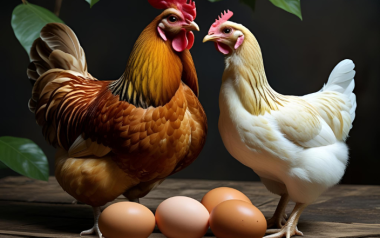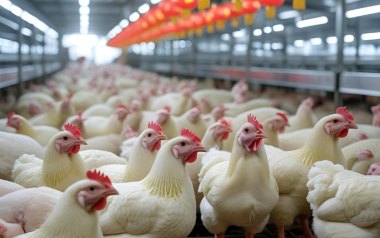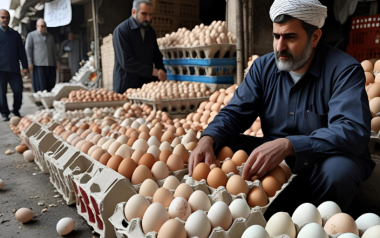Sources: Available upon request
23 Jul 2024
Hong Kong suspends poultry imports from specific US regions
The Centre for Food Safety (CFS) in Hong Kong has suspended the import of poultry meat and products, including eggs, from specific regions in the United States. This decision comes in response to outbreaks of highly pathogenic H5N1 avian influenza in certain US counties.
Hong Kong, a bustling metropolis known for its vibrant food scene and international trade, has recently taken a significant step to safeguard public health. The Centre for Food Safety (CFS) in Hong Kong has suspended the import of poultry meat and products, including eggs, from specific regions in the United States. This decision comes in response to outbreaks of highly pathogenic H5N1 avian influenza in certain US counties.
The outbreaks
The World Organisation for Animal Health (WOAH) reported outbreaks of highly pathogenic H5N1 avian influenza in Ionia County (Michigan) and Parmer County (Texas) in the US. These outbreaks have raised concerns about the potential spread of the virus through poultry products, prompting swift action from Hong Kong authorities.
The decision and rationale
In response to the WOAH notifications, the CFS instructed traders to suspend the import of poultry meat and products from the affected US regions. But why this decisive move? Here are the key reasons:
- Public health protection: Hong Kong places paramount importance on food safety. By suspending imports from the affected areas, the CFS aims to prevent the introduction of avian influenza into the local poultry population and minimize any potential risks to human health.
- Risk assessment: The CFS conducted a thorough risk assessment, considering factors such as the severity of the outbreaks, the likelihood of transmission, and the impact on Hong Kong’s population. The decision was based on scientific evidence and expert advice.
Trade impact and stakeholders
Hong Kong imported approximately 37,770 tonnes of chilled and frozen poultry meat and around 83.84 million poultry eggs from the US last year. The suspension undoubtedly affects the poultry trade between the two regions. Let’s explore the implications:
- Economic impact: Traders, importers, and exporters are closely monitoring the situation. The suspension disrupts established supply chains and may lead to economic losses for both sides.
- Consumer concerns: Hong Kong residents rely on poultry products for their daily meals. With imports halted from specific US regions, consumers may experience shortages or price fluctuations.
- Local poultry industry: Hong Kong’s poultry industry is also impacted. Local producers may see increased demand, but challenges remain in meeting the supply gap left by the suspended imports.
Monitoring and future steps
The CFS maintains active communication with American authorities regarding the avian influenza outbreaks. They closely monitor information from the WOAH and relevant agencies. Future steps include:
- Surveillance: Rigorous surveillance of local poultry farms and markets to detect any signs of avian influenza.
- Risk communication: Educating the public about the situation, preventive measures, and safe handling of poultry products.
- Reevaluation: Regular assessments to determine when it’s safe to lift the suspension based on disease containment and control efforts.
Conclusion
Hong Kong’s decision reflects its commitment to food safety and public health. As the situation evolves, stakeholders will adapt measures to ensure a resilient food supply chain while prioritizing safety.




































